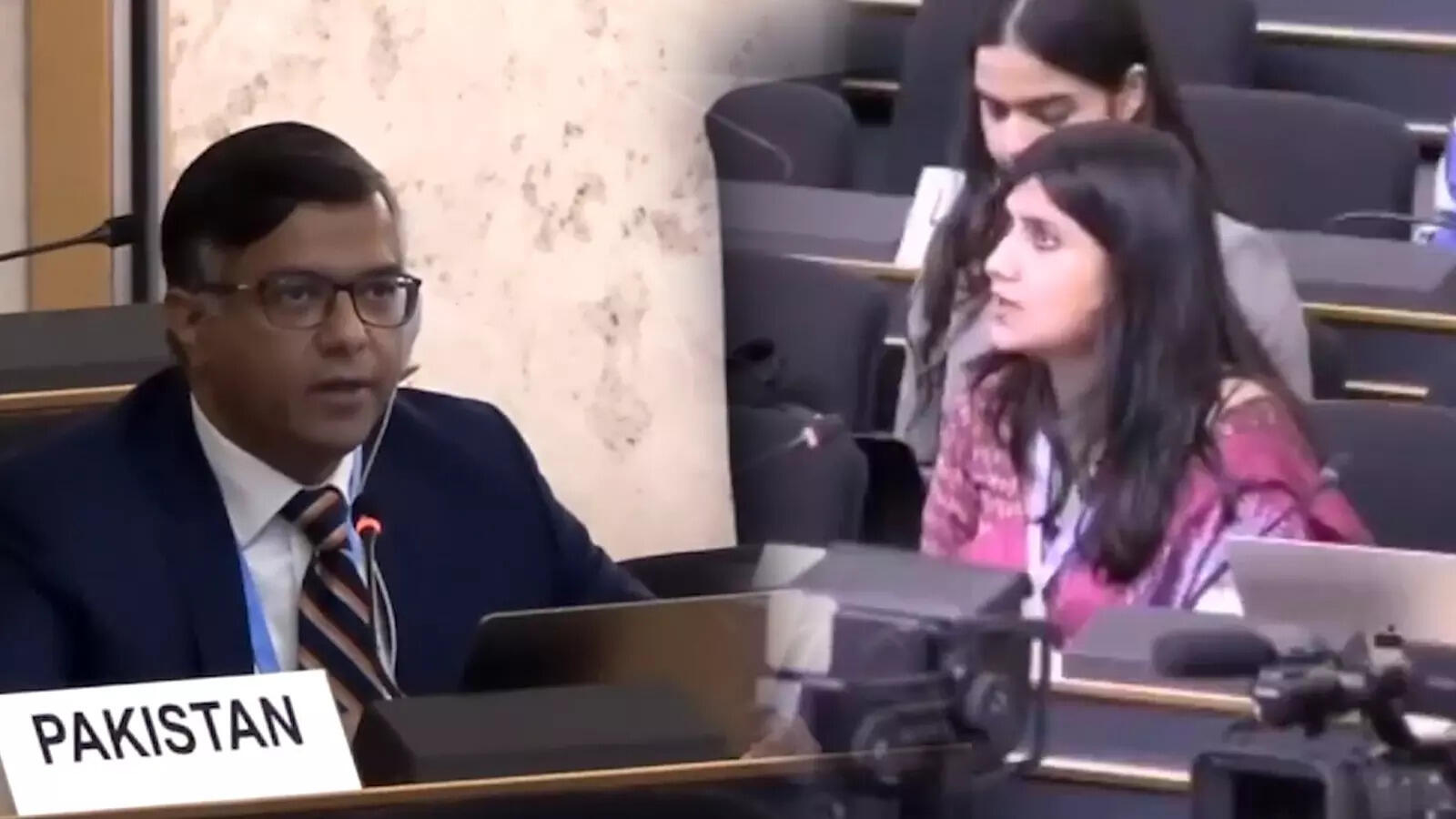Top Stories
Pakistan Accuses India of Weaponizing Water at UNHRC

At the United Nations Human Rights Council (UNHRC), Pakistan has condemned India’s suspension of the Indus Waters Treaty, accusing the nation of weaponizing water resources. Pakistani diplomat Abbas Sarwar stated that the treaty represents a binding agreement that has endured through various conflicts between the two countries. This latest diplomatic conflict escalated following the Pahalgam terror attack in April 2023, which India linked to terrorism allegedly supported by Pakistan.
India’s suspension of the treaty has prompted Pakistan to raise the issue consistently on international platforms. During the UNHRC meeting, Sarwar emphasized the critical nature of the treaty, asserting that it should not be used as a tool in political disputes. He called for a renewed commitment to the agreement, which governs the sharing of water from the Indus River and its tributaries.
In response to Pakistan’s claims, India has previously countered by highlighting its security concerns. Indian officials have pointed to the issue of state-sponsored terrorism, arguing that terrorism and treaties cannot coexist. This perspective underscores India’s position that the suspension of the treaty stems from ongoing security threats rather than a unilateral decision to disregard international agreements.
The ongoing dispute over the Indus Waters Treaty continues to strain diplomatic relations between India and Pakistan, affecting broader regional stability. Observers note that the situation illustrates the complex interplay between environmental resources and national security, making it a significant point of contention in international discussions.
The UNHRC meeting provided a platform for both nations to articulate their positions, yet the underlying tensions remain unresolved. As both countries navigate this intricate geopolitical landscape, the future of the Indus Waters Treaty hangs in the balance, with implications that extend far beyond bilateral relations.
The international community is watching closely as this dispute unfolds, aware that the management of shared water resources could have far-reaching consequences for millions of people in the region. The need for constructive dialogue and cooperation has never been more urgent, as both nations face a common challenge in addressing the impacts of climate change and water scarcity.
-

 World5 months ago
World5 months agoSBI Announces QIP Floor Price at ₹811.05 Per Share
-

 Lifestyle5 months ago
Lifestyle5 months agoCept Unveils ₹3.1 Crore Urban Mobility Plan for Sustainable Growth
-

 Science4 months ago
Science4 months agoNew Blood Group Discovered in South Indian Woman at Rotary Centre
-

 World5 months ago
World5 months agoTorrential Rains Cause Flash Flooding in New York and New Jersey
-

 Top Stories5 months ago
Top Stories5 months agoKonkani Cultural Organisation to Host Pearl Jubilee in Abu Dhabi
-

 Sports4 months ago
Sports4 months agoBroad Advocates for Bowling Change Ahead of Final Test Against India
-

 Science5 months ago
Science5 months agoNothing Headphone 1 Review: A Bold Contender in Audio Design
-

 Top Stories5 months ago
Top Stories5 months agoAir India Crash Investigation Highlights Boeing Fuel Switch Concerns
-

 Business5 months ago
Business5 months agoIndian Stock Market Rebounds: Sensex and Nifty Rise After Four-Day Decline
-

 Sports4 months ago
Sports4 months agoCristian Totti Retires at 19: Pressure of Fame Takes Toll
-

 Politics5 months ago
Politics5 months agoAbandoned Doberman Finds New Home After Journey to Prague
-

 Top Stories5 months ago
Top Stories5 months agoPatna Bank Manager Abhishek Varun Found Dead in Well









